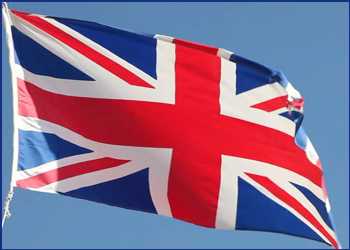UK’s economic growth eased more than initially estimated in the third quarter driven by downward revisions to services and production, data from the Office for National Statistics showed on Wednesday.
Gross domestic product grew 1.1 percent sequentially, instead of 1.3 percent estimated on November 11. This follows a revised increase of 5.4 percent in the second quarter.
The level of GDP was 1.5 percent below where it was pre-coronavirus at the fourth quarter of 2019, down from the prior estimate of 2.1 percent.
There was a rise in services output of 1.4 percent in the third quarter, revised down from the initial estimate of 1.6 percent. At the same time, production output fell 0.1 percent versus +0.8 percent estimated previously.
Construction output fell by a revised 1.0 percent, following four consecutive quarterly increases. According to initial estimate, output was down 1.5 percent.
On the expenditure-side, household consumption rose by an upwardly revised 2.7 percent and made the largest contribution to expenditure.
Government consumption slid 0.5 percent. Likewise, gross fixed capital formation was down 0.9 percent. Business investment fell by 2.5 percent.
There was a fall in underlying inventories, likely reflecting some of the recent supply chain challenges. The net trade also made a negative contribution.
In 2020, annual GDP decreased 9.4 percent, revised from the first quarterly estimate of negative 9.7 percent.
These data are old news and predate the recent surge in COVID-19 infections which has already prompted a weakening of activity, Bethany Beckett, an economist at Capital Economics, said. And the prospect of tighter restrictions in January is further darkening the outlook.
Another report from the ONS showed that the current account deficit widened to GBP 24.4 billion, or 4.2 percent of GDP in the third quarter.
The primary income deficit widened to GBP 7.1 billion or 1.2 percent of GDP. At the same time, the secondary income deficit rose to GBP 6.4 billion.
Source: Read Full Article
